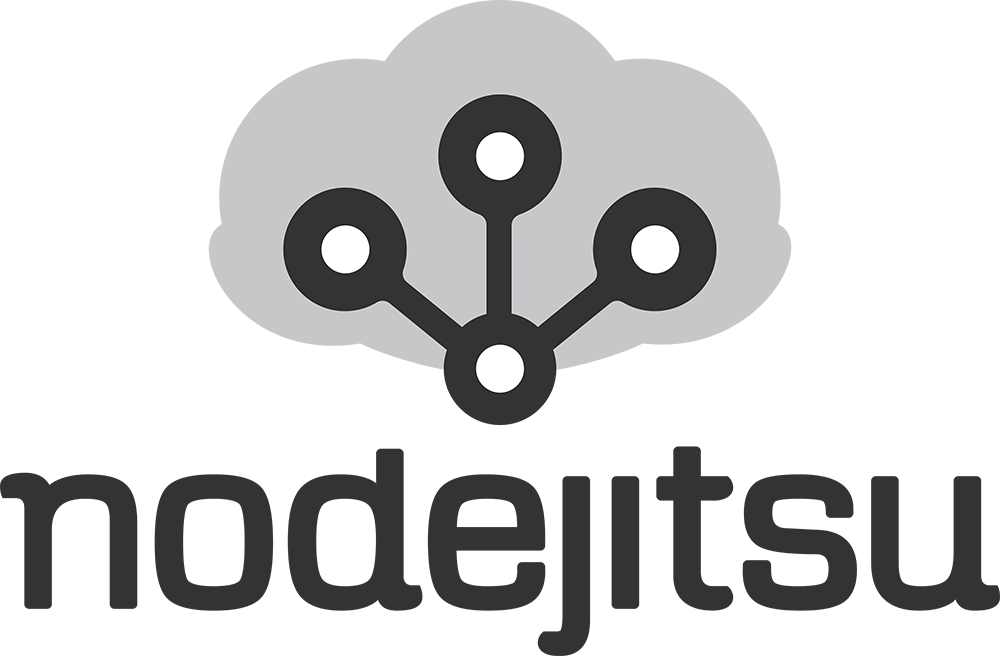
Node.js is quickly becoming the JavaScript runtime powering the next generation of Web development, and GoDaddy aims to extend the technology to one of the Web’s most expansive, ubiquitous frontiers: domain hosting.
As part of a complete infrastructure overhaul almost two years in the making, GoDaddy recently completed its “acqui-hire” of Nodejitsu, a Node.js deployment and management platform startup. Combined with the company’s partnership with Node.js API platform StrongLoop, and an active open-source presence in the Node.js community, the domain registrar and Web hosting company best known for its Super Bowl commercials is committing to Node.js as the foundation of its future.
GoDaddy’s vision is to redefine itself as a technical reference, product engineering and development company. Beginning in 2013, the company undertook a complete review of its technology stack. According to Antonio Silveira, GoDaddy vice president of engineering, the company’s front end heavily relied on JavaScript and single-page applications, but the back end still ran on a legacy .NET stack.
In order to simplify the modern website creation and hosting capabilities of its Web Hosting and Website Builder tools for its small-business customer base, GoDaddy has revamped its entire back end to be a fully open-source Node.js-based infrastructure. Now the company is doubling down on its Node.js investment.
“The very small businesses are the ones most big tech companies don’t care about,” said Silveira. “If you ask a company like Oracle the definition of a small business, it’s going to be different from ours. It’s about owners who are on their own. Maybe they have one or two employees. Very few companies are really building products for them. They’re not technical; they need a lot of support. Our mission on the engineering side is how can we take deep engineering and science and apply it to small business use cases in a way that’s easy to build their websites, online stores or social media presences knowing zero about HTML, CSS or JavaScript.”
The Nodejitsu team is joining GoDaddy to design the scalability, multi-data center support and asynchronous transport logging of GoDaddy’s PaaS. It will also look to improve the open-source code contributions GoDaddy shares on GitHub, such as its npm modules and cluster implementation, now combined with Nodejitsu’s own stable of open-source JavaScript and Node.js projects.
The growing Node.js ecosystem consists of companies and developers solving a wide range of problems, but Silveira believed GoDaddy’s use case affords it a unique perspective on what Node.js is capable of.
“Everyone is using Node.js as a middle-tier layer, so they look at it as a way to replace old, slow, very complicated deployment processes,” he said. “An obvious use case would be to replace your old Java API with a lean Node.js API to façade your old stuff. What we’re doing here is a little deeper: We’re rethinking our whole components.
“So when you access a page today [served by] one of our customers, it’s 100% served by a Node.js infrastructure. We don’t have Apache or EngineX anymore. If you look at traditional hosting, one site is easy. Ten sites is manageable. If you have 100 sites, that starts to get overwhelming, and if you have a thousand or more, it’s daunting. So we’ve replaced traditional host infrastructure with a brand new one built on Node.js. We built a super-specialized page-serving infrastructure serving hundreds of thousands of sites, and we also replaced our C#/.NET back end with pure Node JavaScript.”
(Related: Node.js moves to open governance model, establishes Node.js Foundation)
As the largest domain-hosting company deploying Node on this scale, Silveira espoused GoDaddy’s view of how the technology and its community are evolving. What was once an overlapping market where everyone tried to sell the same private Node repos is diversifying into an ecosystem where the technology is used in a variety of business models, with far more stakeholders steering where it goes.
“It’s a very interesting moment in the Node.js community,” said Silveira. “As a purely open-source ecosystem like this evolves, now we’re seeing a transition from dictatorship to a more distributed ownership of the project [through the newly established Node.js Foundation]. Io.js was an interesting move from the community as well. It helped foster a deeper discussion in the community, especially on how the technical decisions will be made. For GoDaddy’s part, we want people to understand what we’re doing by sharing our knowledge with the community.”
Looking to where Node.js goes next, GoDaddy professed the need for a redefined relationship between the Node.js community and Google’s V8 JavaScript engine. Once the Node.js Foundation works out the kinks of governing Node.js, Silveira sees the community turning to V8.
“We have bugs in V8 impacting Node, and that dependency—Node is extremely dependent on V8—is something as a whole we need to figure out how to work better,” he said. “That’s a focus that should come to the fore by the end of the year.”






